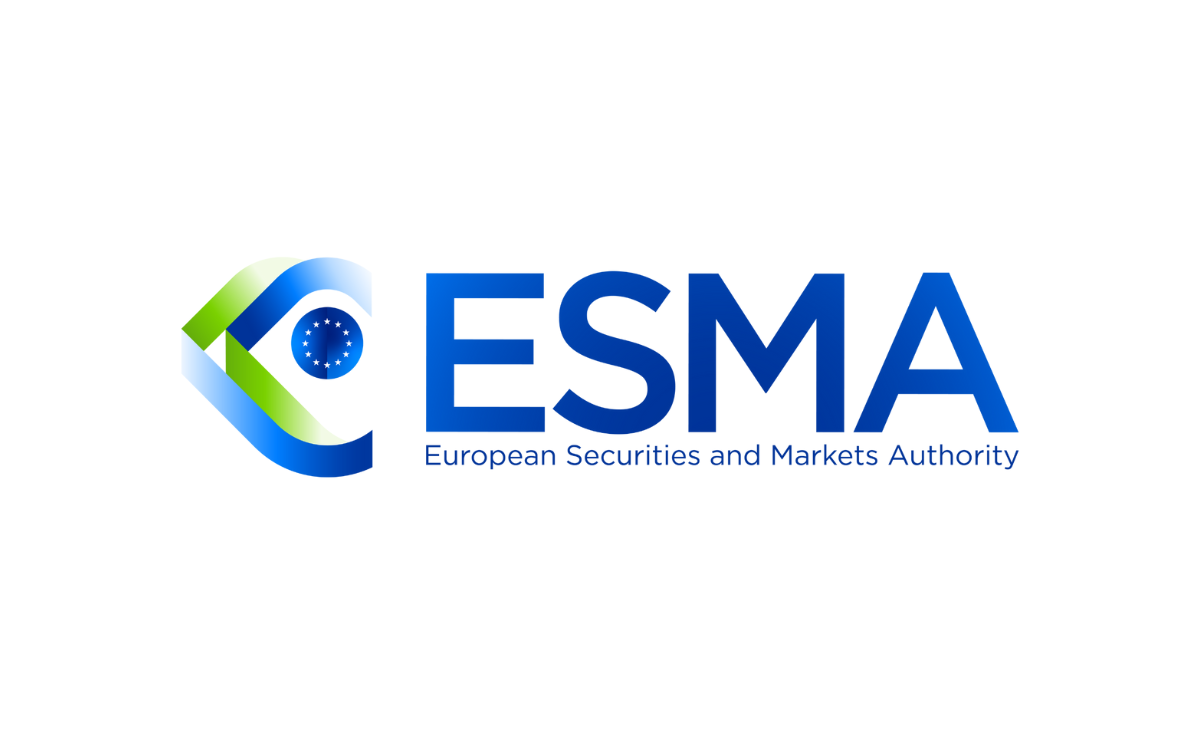 @Pixabay.
@Pixabay.
This week, European Union member states gave final agreement to the world’s first major law for regulating artificial intelligence (AI), as different institutions and jurisdictions looked on to see what rules were needed to regulate AI.
The rules, dubbed the “AI Act”, aim to “[foster] the development and uptake of safe and trustworthy AI systems across the EU’s single market by both private and public actors.”
The European Council’s statement on the ‘green light’ for the Act added that, at the same time, the rules will enable safer handling of AI – with “aims to ensure respect of fundamental rights of EU citizens and stimulate investment and innovation on AI in Europe”.
“The flagship legislation follows a ‘risk-based’ approach, which means the higher the risk to cause harm to society, the stricter the rules."
In terms of its scope, the AI act applies only to areas within EU law and provides exemptions such as for systems used exclusively for military and defence, as well as for research purposes.
The Council approved the law with the aim to “harmonise rules on AI”.
“The flagship legislation follows a ‘risk-based’ approach, which means the higher the risk to cause harm to society, the stricter the rules,” it said.
It is the first of its kind in the world and could, said the EU, set a global standard for AI regulation.
“This law addresses a technological challenge that also creates opportunities for our societies and economies,” said Mathieu Michel, Belgian Secretary of State for digitisation, administrative simplification, privacy protection, and building regulation. “With the AI act, Europe emphasises the importance of trust, transparency and accountability when dealing with new technologies while at the same time ensuring this fast-changing technology can flourish and boost European innovation.”
The AI Act applies to “deployers” – which are defined as natural or legal persons using AI under their authority in the course of their professional activities.
According to international law firm Wilmer Hale, the AI Act applies to providers of AI systems – for example, companies that develop infrastructure with a view to placing it on the market or putting it into service under their own name or trademark, whether for payment or free of charge. “The AI Act also applies to importers and distributors of AI systems in the European Union,” it said.
AI’s rapid rise has taken many by surprise, and its place in investment operations has grown considerably. However, with new rules, the way it is currently developing could begin to change as companies now look at the rules and regulations more and have to develop more plans around being compliant.
This has been forwarded by many in the industry who have said that investment operations teams need to be ‘clear-eyed’ about AI. “The truth is that nobody can predict the impact of AI on any kind of work,” said Dr Martin Goodson, CEO and Chief Scientist at Evolution AI, to Fund Operator last year.
Global rules and other places
While the EU is often the first to instate rules, many other areas ape their legislation or adhere to the EU’s rules as time goes on, for example, the passing of the Sustainable Finance Disclosure Regulation (SFDR), which has now become one of the world’s benchmarks in that area.
“Cross-sectoral regulatory approaches to AI appear to be emerging in both the EU and in the US, the EU approach seems more prescriptive while the US approach, so far, looks to lean toward a less consistent patchwork of regulations across different states and agencies,” said Moody’s Analytics on the announcement.
“Nevertheless, the US-EU cooperation aims to contribute to making progress with the implementation of the Joint Roadmap on Evaluation and Measurement Tools for Trustworthy AI and Risk Management.”
It added that one of its aims was to minimise the divergence in the “respective emerging AI governance and regulatory systems”. Also released was an updated AI Taxonomy and Terminology, which contains mutually accepted joint definitions.
What does it mean for operations?
AI’s place in investment operations has been a hot point of discussion for several years now, with many divergent opinions around whether the technology was advanced enough to be of true value or not.
Another key concern was whether AI was appropriate in areas of decision-making that required information and expertise.
“AI and machine learning techniques are key – especially with the collection of data at scale – whether it be natural language processing to scan prospectuses or looking at different news articles or sources,” said Thomas Willman, Senior Researcher (Regulations), Clarity AI, last year at a Fund Operator webinar.
The webinar highlighted the often-fraught relationships that exist between operations and investment teams at asset managers due to differing priorities.
“Emerging technology will, I hope, really help with supply chain data and management,” said Hannah Herold, Director of Sustainable Research, at American Century Investments. She added, however, that “we have a long way to go here.”
“To remain competitive, it is expected that asset managers will continue to incorporate
AI even deeper within their operations."
Others were even more cautious: “Technology is a challenge because the algorithms that interpret machine learning of course have biases baked in,” said Glen Yelton, Head of ESG Client Strategies, North America and EMEA, Invesco. “Whilst the speed of adjustment and adaptation of the technology is increasing, we need to recognise biases and ensure we don’t lose the richness of the data.”
The new rules for European fund operators will likely mean more attention is paid to compliance – and making sure that boundaries are not overstepped – which could slow down implementation.
Firms generally will be required to adhere to higher standards of data governance and risk management as the EU looks to set the standard for future AI regulation, said WTW in a recent paper.
“To remain competitive, it is expected that asset managers will continue to incorporate AI even deeper within their operations,” said the paper. “Asset managers will still have to adapt their governance frameworks to account for the nuances of AI and machine.”
Please Sign In or Register to leave a Comment.
SUBSCRIBE
Get the recent popular stories straight into your inbox




